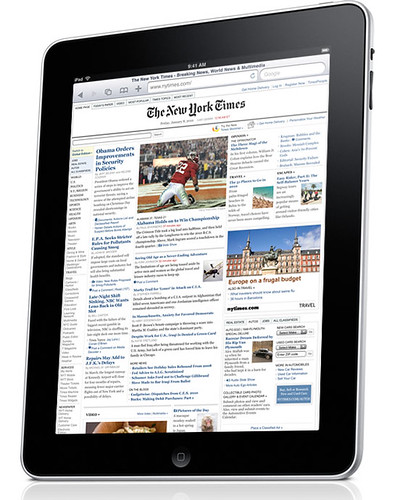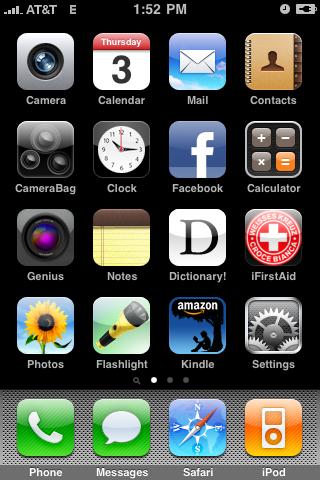Hardwired Historian
/
As I've begun work on the Battle of the Bulge project, I've found that there have been some major changes in how I'm able to go about researching the event since the spring of 2007, when I did a similar research project on the Normandy Invasion. Since then, computers have become smaller, Norwich University has a campus-wide wireless network, and information on databases has grown.
Over the past couple of weeks, I've been pouring over books and file folders, hunting for references to soldiers who were in a set number of units, dates, locations, specific references to the Battle of the Bulge itself. Four years ago, I brought along a notepad and a couple of pens (or pencils, when I was up in the University Archives), and wrote down every reference that I could find, even the tangential students who might have been in the right area at the right time.
Fast forward to 2010, and the options have changed. Rather than taking a notepad and pen with me, I've been carrying my iPad and iPhone, on which I've been jotting down information as I find it. Slowly, as the lists are growing, I’m planning on taking the information and placing it onto a spreadsheet. While I do this, I’ve tapped into the wireless network, and as I come across soldiers in various units, I’ve discovered that running a quick check against the unit’s history online can help me determine if the soldier is someone I’ve been able to use, as their unit was present at the battle, or if they were somewhere else at the time, either because they hadn’t arrived, or were in another theater of operations altogether.
The move to electronic recording likewise has the benefit of being able to copy and paste my results directly into a spreadsheet, rather than having the extra step of translating my handwritten notes (no small task!) into the spreadsheet. The transfer of data is transferred between two mediums rather than three. (original, handwritten and computer). It allows me to keep information that I transpose intact far more easily than before.
The next step is something I’m thinking of trying: integrating this with Google Docs, which would allow me to keep my data online, accessible from any number of locations. Unfortunately, this isn’t a very practical thing on an iPad (I can’t easily tab between apps, and I don’t have the internet at home), but for some of the research portions, it seems like it would be an excellent thing to use, especially if someone is working with others. In this case, my girlfriend is helping out with some things, and the ability to update the same piece of data, without redundancies, would be helpful when gathering data is put together.
What I’m hoping is that the move to computers, rather than using handwritten notes, will allow me to be more efficient, and thus quicker, with the research that I’m working on. The amount of information that I need to go though: there’s something like five thousand additional files to go through when it comes to deceased students, not to mention the information on the units and after action reports that exist.
This also covers the first large phase of the research: gathering all of the raw data that I’ll need to form the basis of the project. The next step, actually distilling and then writing the report, is already digital: I can’t actually think of a time when I haven’t used a computer to type up a project. Those advantages are well known, and something that I know to work.



